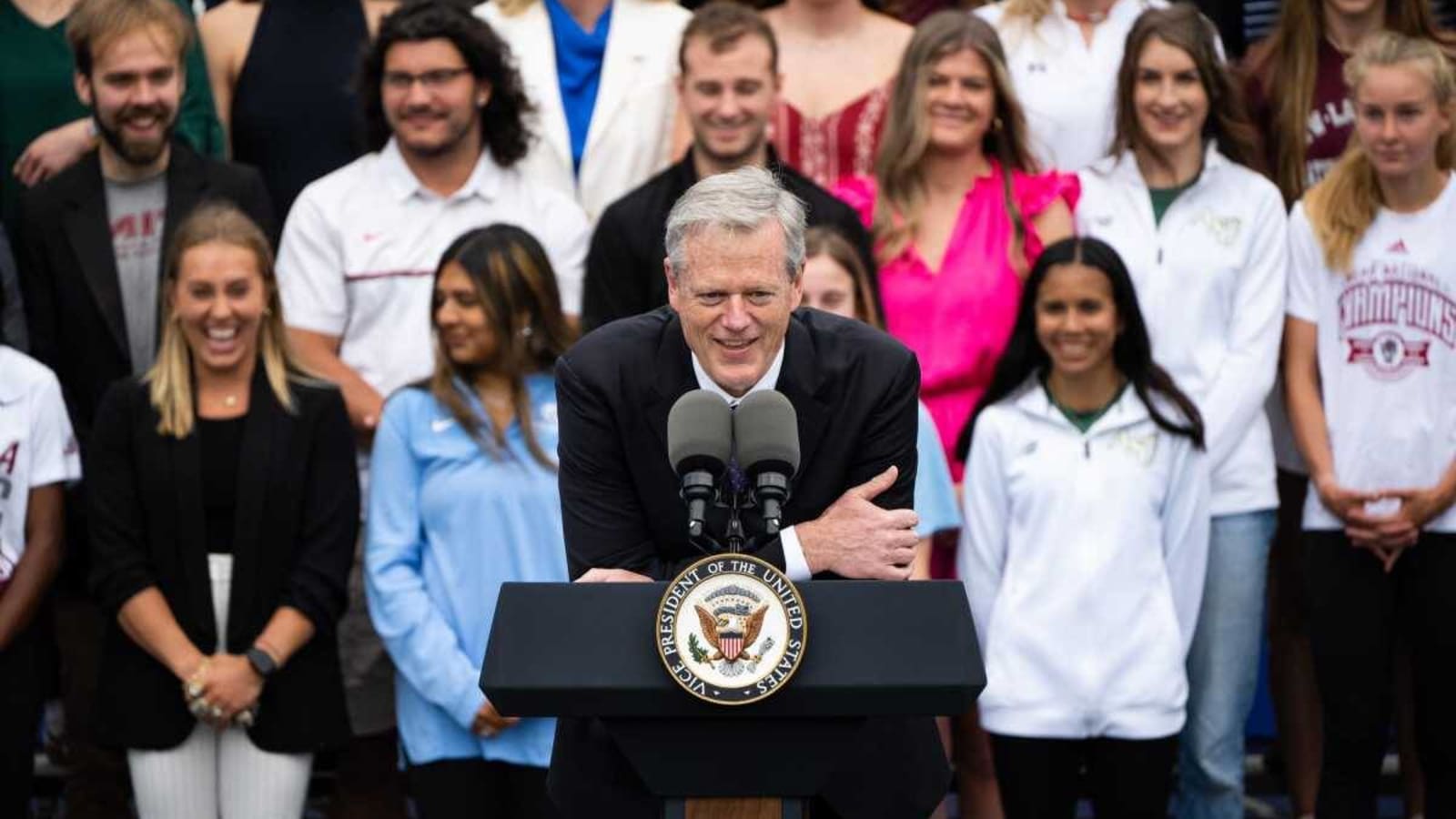
By Kyle Golik
In 1967, NFL Films produced their classic film, "They Call It Pro Football," which is registered in the United States National Film Registry. NFL Films founder Steve Sabol described it as "the Citizen Kane of football films". The film narrated by the legendary John Facenda described pro football as “the sport of our times.” But with how college football has traversed itself since the rulings on NIL and immediate eligibility with the transfer portal has made it pro football.
Back in December 2023, a federal judge in Wheeling, West Virginia had put a pause on the NCAA’s second transfer rule, something attorney generals in six other states; Ohio, West Virginia, Tennessee, Illinois, Colorado, and New York, termed the NCAA’s “retaliation rule,” against student-athletes.
Under U.S. District Judge John Preston Bailey’s ruling in the matter of basketball star Raequan Battle’s eligibility to be reinstated, the NCAA wouldn’t be able to punish athletes waiting on waivers who play during the 14-day window. Prior to Bailey’s ruling, players who transfer could risk their teams ending up having to vacate game results if the players are later found ineligible.
“This order paves the way for student-athletes, like RaeQuan Battle, to play in the sport they love and continue improving themselves,” West Virginia Attorney General Patrick Morrisey commented following Bailey’s ruling.
Following the Bailey ruling in West Virginia, the Commonwealth of Virginia acted to give student-athletes more rights. Governor Glenn Youngkin signed a law effective July 1st, that would make it illegal for the NCAA to punish a school for compensating athletes for their NIL rights in Virginia.
Key tidbits in the new Virginia law enforce that no athlete should not be considered an employee of their school. This has been a popular talking point amongst analysts to help curb opt-outs by NFL Draft prospects and those to enter the portal.
Another clear distinction made in the legislation is the law still forbids schools to pay athletes based on their performances on the field. One has to wonder how loose the legal definition of compensating athletes for “marketing campaigns for the athletic department or university” is.
When a school can say, based on merchandise sales of your name, image, or likeness, you will get different tiers of direct compensation. This is the workaround to pay for play. Even with the lawmakers' best intentions to avoid it, this is how it will get exploited.
The momentum of this landmark law, something now on the docket in Illinois, Louisiana, Mississippi, Nebraska, Oklahoma, and South Carolina, was a result of the NCAA recognizing the tides of change before the Virginia law which adopted rules for schools to assist athletes in NIL opportunities and unlimited transfers for those who academically qualify.
Website namesake Mike Farrell refers to Alabama offensive tackle Kadyn Proctor as the embodiment of what’s wrong with college football. While I do understand his point of Proctor learning to take the high road, if Alabama is willing to dance again after being rejected by Proctor before, who are we to judge or condemn Proctor or Alabama?
The majority of players who would attempt to do what Proctor did wouldn’t be able to. He is the anomaly and goes to show what we all know in life, if you possess a skill or talent that is highly sought after, you can call your shot. In Proctor’s case, get a school like Alabama willing to cave and offer more money.
As college football continues to morph into a variant of pro football without the professional structure that keeps the NFL from being the wild west, many coaches are confronting the wild west conditions.
Nebraska head coach Matt Rhule stated this:
“I just don’t think it’s really prudent for me to coach guys thinking about the portal... The worst thing you can ever do for a young person is not have high standards for them and push them to greatness. So, if you’re afraid of pushing them because they might go to the portal, you probably don’t have the right guy.”
Another Big Ten coach is worried about the wild west state of college football in Penn State’s James Franklin.
Franklin has commented that what made college football unique was its ability to create and develop transformative relationships that can have a lasting impact on the athletes. Now with the sport becoming more transactional, Franklin is worried about the prevalence of transactional relationships and every consideration weighing on money compared to what is best for the athlete's development.
"It starts with a whistle and ends with a gun,” was Facenda’s famous opening line to the classic documentary describing the 60 minutes of pro football action. A modern take on the current state of college football would be much more complex, something the sport really needs to take under consideration.
More must-reads:
- Derrick Henry's monster game moves him up on multiple all-time lists
- Raiders star DE Maxx Crosby lands on IR; Las Vegas releases statement, provides reasoning for move amid friction
- The 'NFL rookie QBs to win a playoff game' quiz
Breaking News
Trending News
Customize Your Newsletter
 +
+
Get the latest news and rumors, customized to your favorite sports and teams. Emailed daily. Always free!








